SUMMARY
This is AI generated summarization, which may have errors. For context, always refer to the full article.
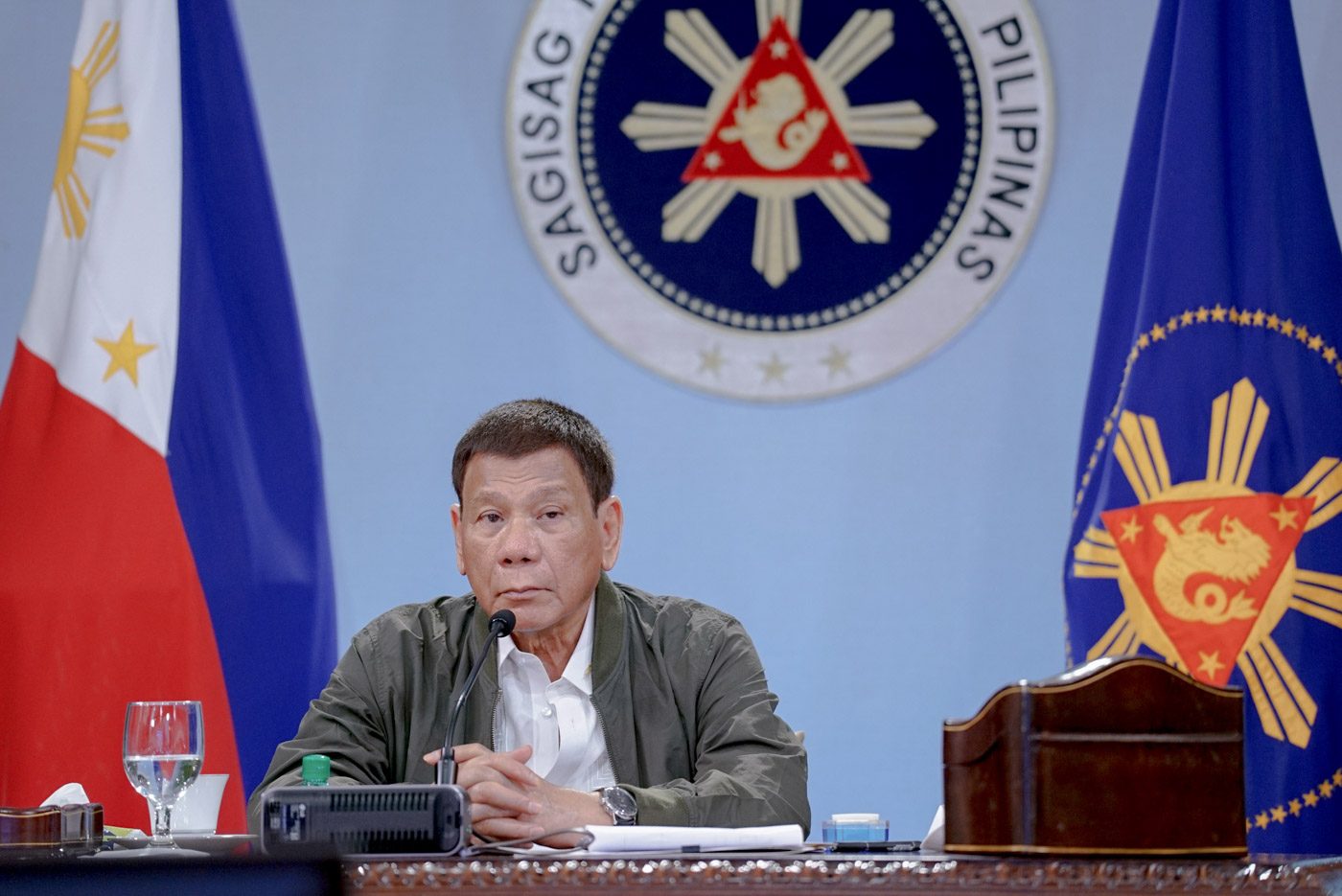
The Philippine government is confident that the International Criminal Court’s pre-trial chamber will reject the request of the court’s chief prosecutor to launch an investigation into President Rodrigo Duterte’s violent drug war.
Duterte’s spokesman Secretary Harry Roque, on Tuesday, June 15, said the ICC chamber would not want to “waste time and resources” on permitting a probe doomed to fail because the Philippine government has refused to cooperate.
“I am confident that the pre-trial chamber will reject the request for investigation,” said Roque in a press briefing at the Philippine National Police’s headquarters.
“They will just waste time and resources of the court because, without cooperation from the Philippine state, they won’t be able to make a case except for one based on hearsay and from the communists and political enemies of the President,” added Roque in Filipino.

The spokesman also declared that Duterte would “never cooperate” with any ICC probe.
But though non-cooperation could pose challenges to a probe, there have been cases when the ICC chamber greenlit an investigation despite the obstacle, as in the case of US war crimes in Afghanistan.
‘Politically-motivated’
The Duterte spokesman sought to discredit outgoing ICC prosecutor Fatou Bensouda’s preliminary examination findings where she declared there was reasonable basis to believe the Philippine government committed crimes against humanity in implementing its bloody campaign against illegal drugs.
He claimed that “almost all” Bensouda’s sources were “enemies of the President.” He named specifically former senator Antonio Trillanes IV and Communist Party of the Philippines’ founder Joma Sison.
However, a look at the footnotes of Bensouda’s request to launch an investigation shows that most sources were media reports, reports by civilian groups, and interviews with sources conducted by ICC officials themselves.
“Who filed the case? Doesn’t he want to run for president or vice president? Isn’t politics the reason for filing this case?” said Roque in Filipino, referring to Trillanes, who has publicly declared his intention to run for one of the two highest posts in the land in the 2022 national elections.
‘How dare you’
A visibly emotional Roque repeated his old arguments against the ICC’s pursuit of a drug war probe – that it lacked jurisdiction because the Philippines withdrew from the Rome Statue in March 2019 and that the country’s legal system was enough to bring abusers to justice.
“How dare you say that the Philippines’ legal system is not working? This is an emotional issue for all lawyers,” said Roque, who had once lobbied fiercely for the country to join the ICC.
Asked by Rappler why the only convictions of drug war-related extrajudicial killings were those of the cops involved in the murder of teenager Kian delos Santos, Roque could only say ICC’s Bensouda also took time before requesting to launch a formal probe. Bensouda, though, had to contend with an uncooperative Philippine government, whereas the government could compel agencies to speed up domestic probes if it wanted to.
“If the process in the Philippines is slow, the ICC process is even slower because three years passed before a preliminary investigation. Why are we demanding that the processes in the Philippines be faster?” asked Roque in Filipino.
Davao killings can’t be investigated?
The Duterte spokesman also rejected the attempt of Bensouda to include in the ICC probe the extrajudicial killings in Davao City from 2011 to 2016, or before Duterte’s presidency.
Roque claimed that the ICC jurisdiction is limited to only the period of June 30, 2016, when Duterte took his oath as president, to March 17, 2019, when the Philippines withdrew from the Rome Statute, and by extension, the ICC.
“Everything that happened before the President took office and after March 2019 is clearly beyond the ratione temporis jurisdiction of the ICC,” said Roque, who was a human rights lawyer before he became a government mouthpiece.
But Bensouda has insisted that the ICC has jurisdiction even over the Davao killings as they are clearly linked to the drug war killings during Duterte’s presidency and involved many of the same officials. She also cited similarities between those killings and the nationwide war on drugs killings from July 2016 to March 2019.
She also said that the Philippines’ withdrawal from the ICC doesn’t mean it can no longer be investigated, citing the case of Burundi, which also withdrew from the court after a preliminary examination was opened.
“The Court has previously found in the context of the Burundi situation, the Court retains jurisdiction over crimes that are alleged to have occurred on the territory of that State during the period when it was a State Party to the Rome Statute,” said Bensouda. – Rappler.com
Add a comment
How does this make you feel?
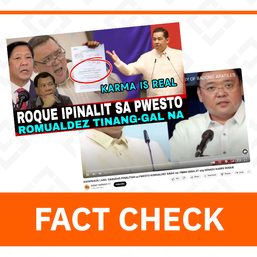
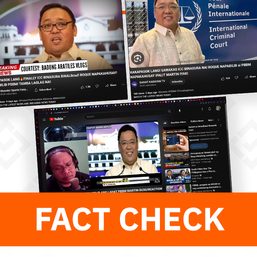
![[Vantage Point] Sara in 2028?](https://www.rappler.com/tachyon/2023/10/Vantage-Point-Sara-2028-October-14-2023.jpg?resize=257%2C257&crop=264px%2C0px%2C720px%2C720px)
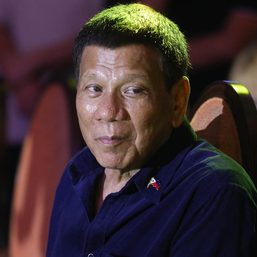
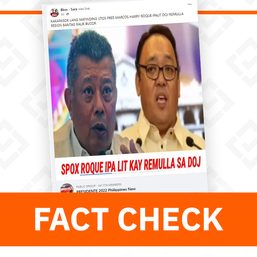



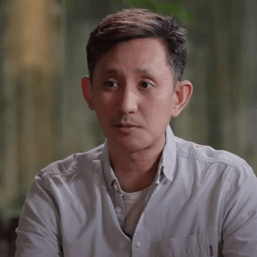
![[WATCH] Dahas Project, the team that continues to count drug war victims](https://www.rappler.com/tachyon/2024/03/dahas-project-2.jpg?resize=257%2C257&crop=404px%2C0px%2C1080px%2C1080px)

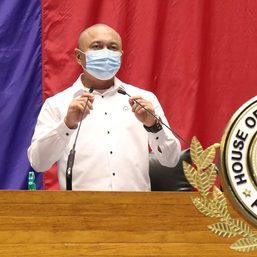
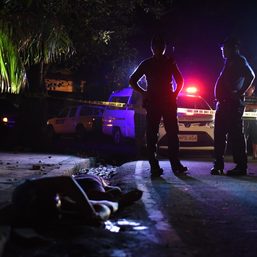
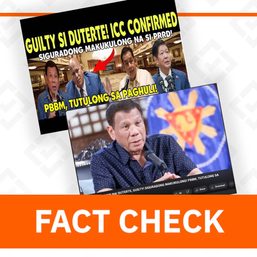
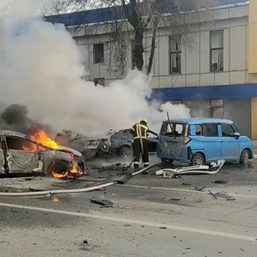
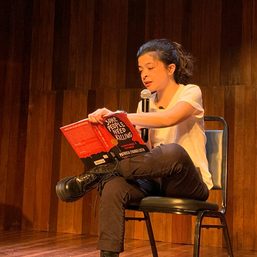
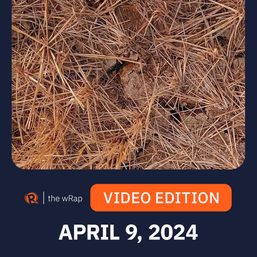
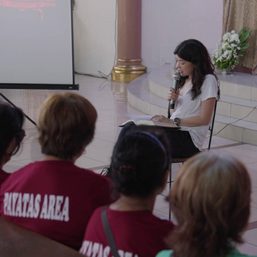

There are no comments yet. Add your comment to start the conversation.